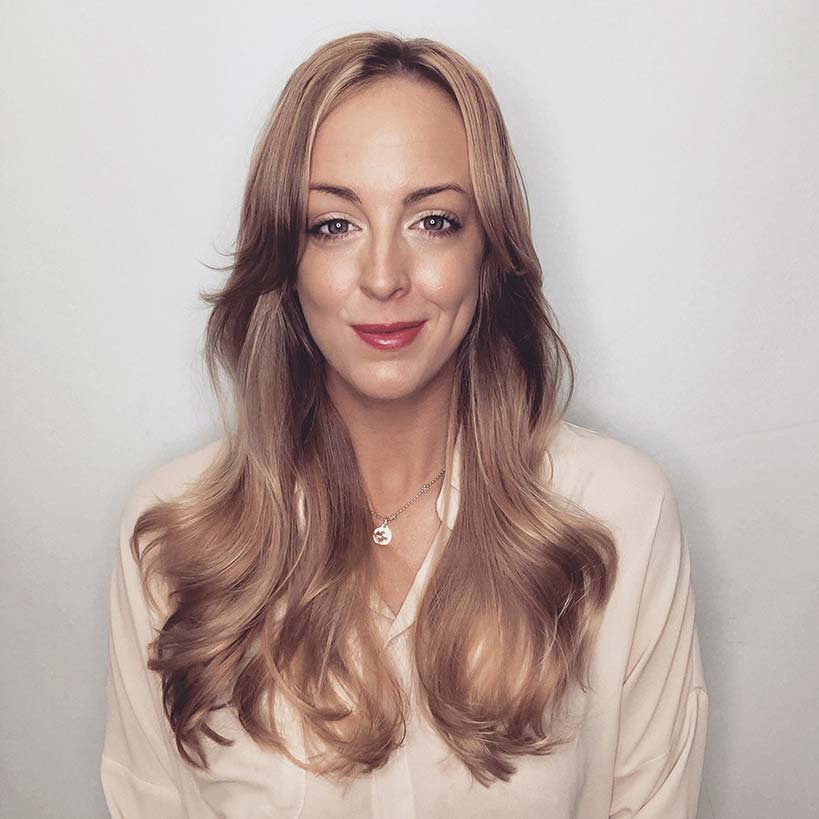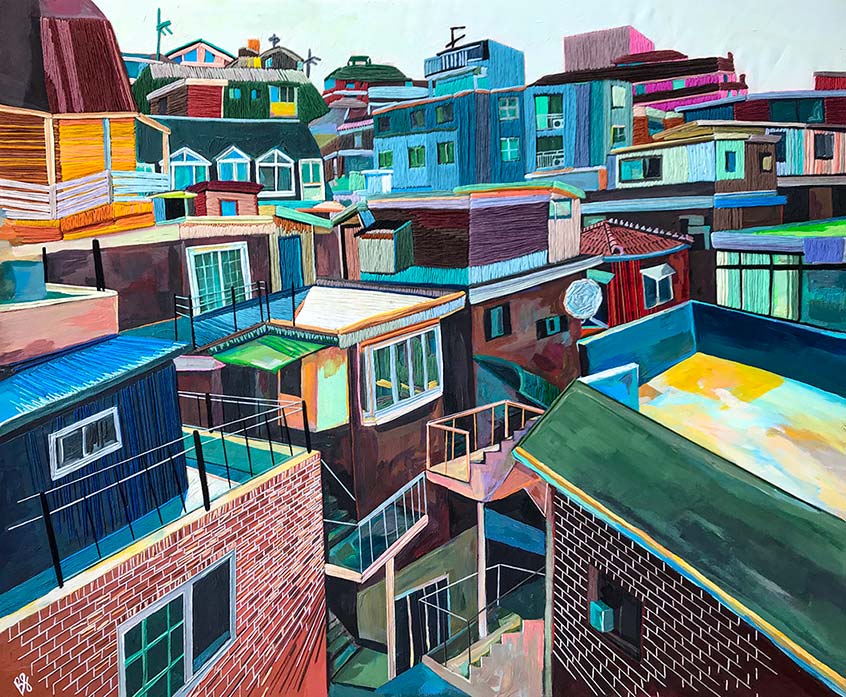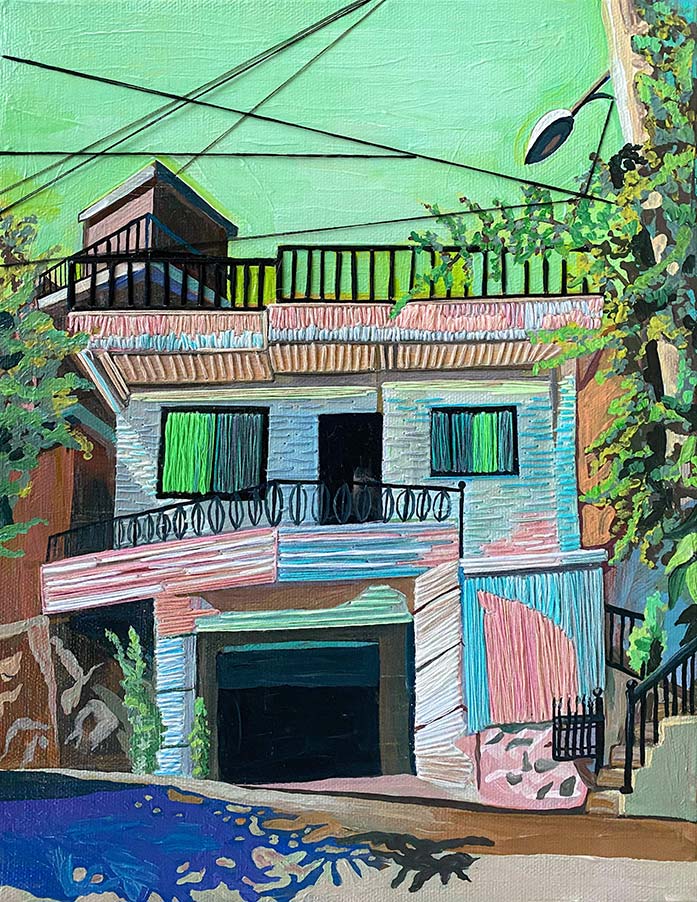Brittany Fanning
Where do you work, and what do you do in your current occupation?
Before I say exactly what I do now, I should mention that five years ago I moved to South Korea to teach English. It was right after graduation. I wanted to travel and save money while I figured out the next steps in my career. Overtime, I was able to integrate art into my job. An international school in Seoul made me the art director. I wrote curriculum for art classes and organized two art galas.
Gradually, I stopped teaching and made painting my full time job. Now, I balance my work between commissions and my own fine art. Last year, I curated an exhibition and organized benefits for animals in need, as well.


What do you enjoy about your current occupation? Do you consider yourself successful? In what way?
Not having a boss is a lovely aspect of my job, however that means I have to be very disciplined with how I spend my time. A large portion of my income comes from commissions. Sometimes I have to force myself to finish those when I’d prefer to work on my own collection, which is what I enjoy the most.
I won’t consider myself successful until I can live off the artwork that comes from my own weird mind. Over the years, I’ve gained some notoriety in Korea for my work with architecture. The Korea Times published an article and I exhibited those pieces in two galleries. I felt successful at that time. That feeling always quickly fades,though, and I look for the next way to grow and improve my work.
What led you to pursue your current line of work?
Is it bad to say dissatisfaction with every other job led me to pursue my career? I also have a burning hot love for painting. As I’ve grown up, I’ve been able to see a clearer way to make it into a career. A large part of that is taking commissions as I mentioned before. I’m constantly evolving them to be more appealing to consumers. It can be fun even if I’m not painting exactly what I want.
Do the skills and knowledge that you gained as a student in the Department of Visual Arts contribute to your current occupation? If so, in what way?
No. Only joking. My education at UNG is everything to me. Critiques at the end of projects was always my favorite part. I still write professors today and ask them how I can make my work better. Everything I know about curating and hanging exhibitions comes from my time at UNG. Oh, and surprisingly enough, those art history classes that everyone begrudgingly takes come in handy when you’re marketing your own work and attempting to enter the art world. I love flexing my knowledge of art.
There’s so much, really; creating a cohesive collection, understanding how to discuss art of all kinds, the importance of keeping up with current artists, taking criticism, and how to stretch a canvas. I feel like one of the few people who actually use their college education in the “real world.

Now that you have a vantage point to reflect on your art education, what would you do differently?
Including my four or five years at UNG, I have been painting for a decade. It wasn't’t until two years ago that I felt confident enough to pursue painting as a career. That’s a problem I think all art students face; our parents and other unsolicited advisors tell us we can’t make a career out of art. It’s nonsense. I wish I had believed in it more ten years ago so I could have networked and built a larger portfolio. I’m not sure if I had the confidence then, but I wish I had reached out to galleries outside of Dahlonega and tried showing work more, as well
Do you have any words of wisdom for current DoVA students?
Take criticism. You may love your work, but if you want to build a career out of it, other people need to at least like it. Listen during critiques and make necessary changes. In fact, ask for critiques.
Make art. Even if you’re waiting for the perfect idea to come to mind or have “artist block,” do something. Spend hours a day working- even if it’s not on the amazing piece you’ve been thinking of for months. Make work outside of assignments- a lot of it.
Drink less.